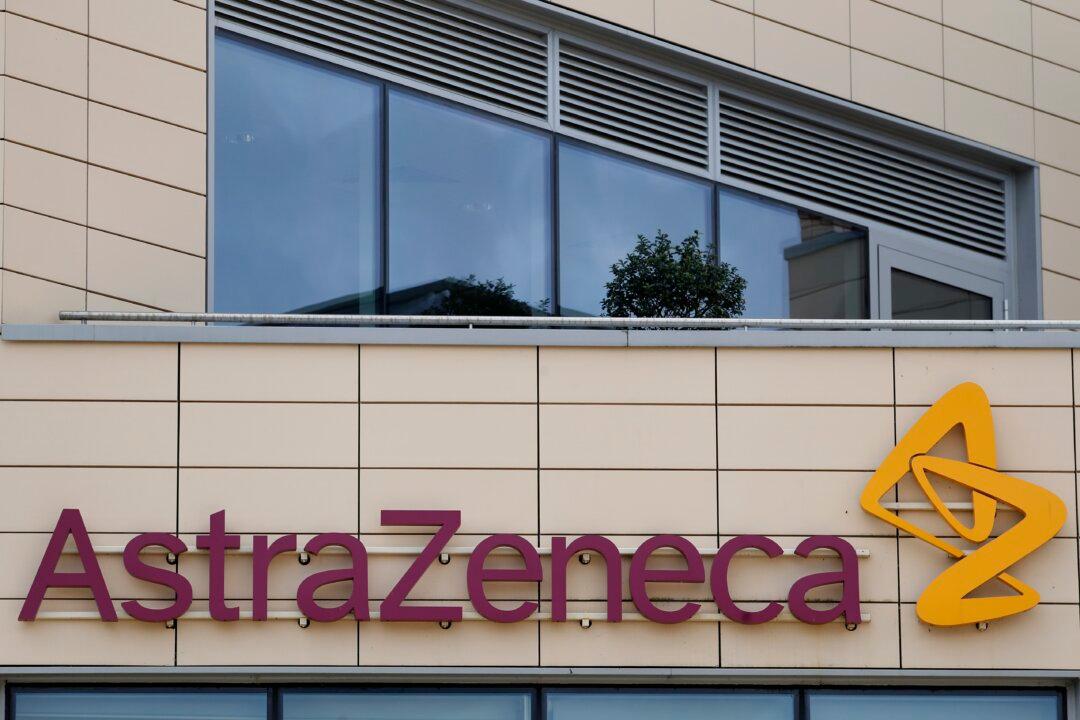The European Medicines Agency (EMA) has granted authorization for use of the AstraZeneca COVID-19 vaccine as a preventative measure against the disease on Jan. 29 without any restrictions, despite concerns from German experts who say the vaccine lacks sufficient data on people 65 and older.
This is the third COVID vaccine approved by the EMA—the European Union’s drug regulator similar to the Food and Drug Association in the United States— following those made by Moderna and Pfizer.






